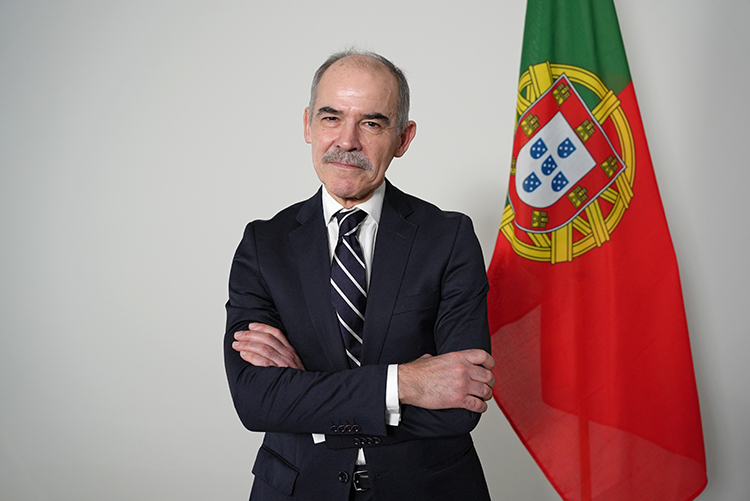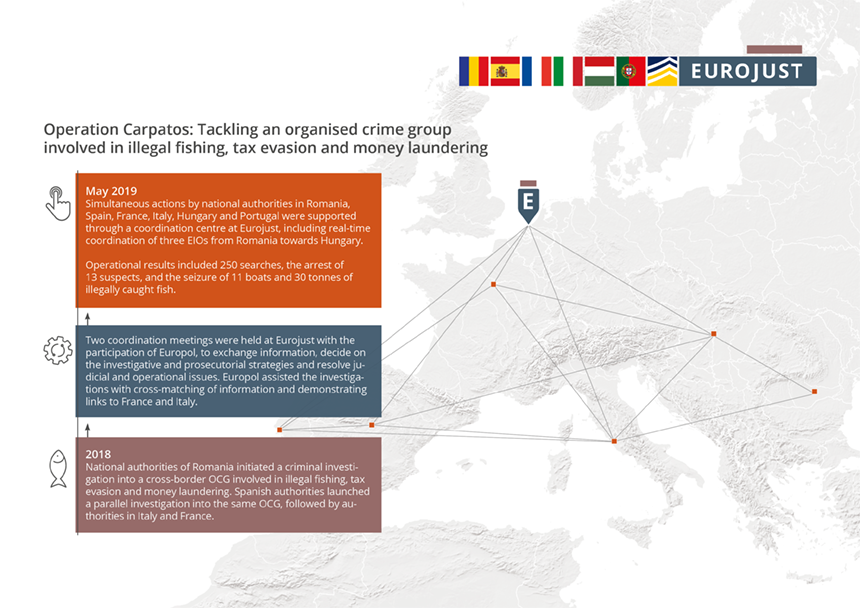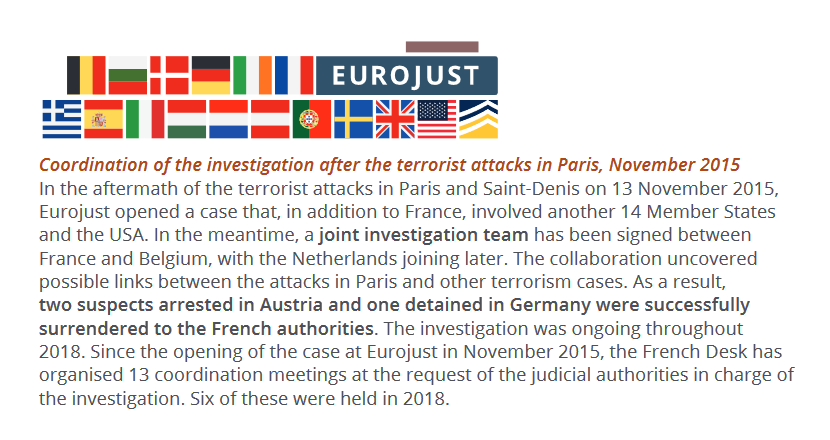
The Portuguese Desk is headed by José Luis Ferreira Trindade, who is the National Member for Portugal since October 2023.
In 2025, the Portuguese Desk was involved in 367 new cases, 22 coordination meetings, 1 coordination centre and 12 joint investigation teams.




